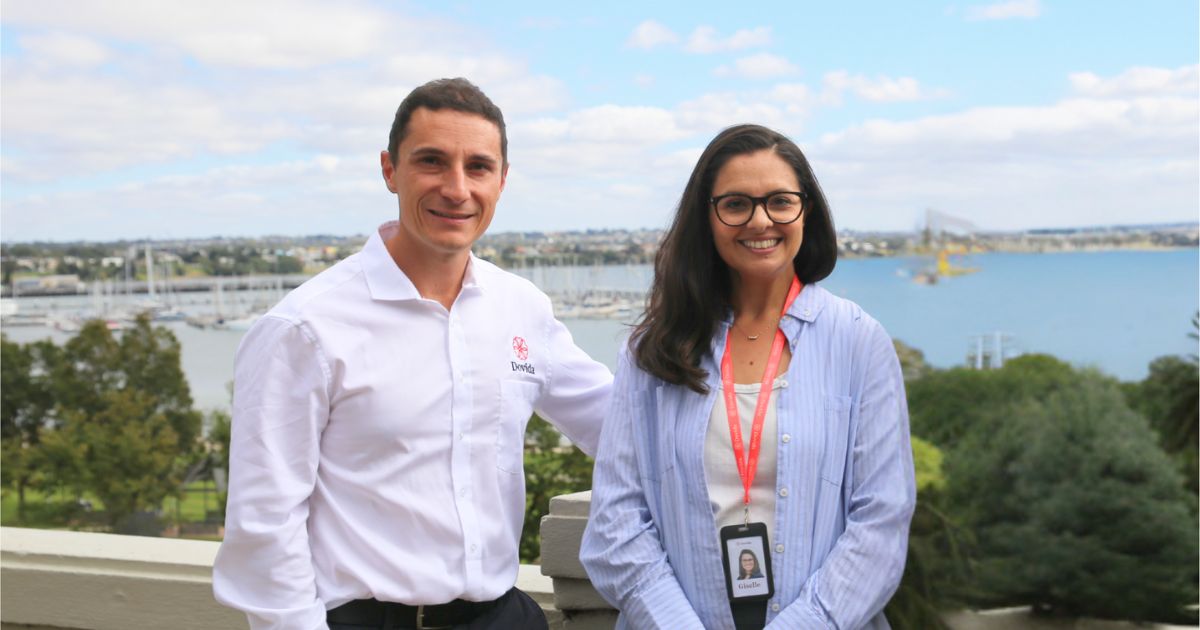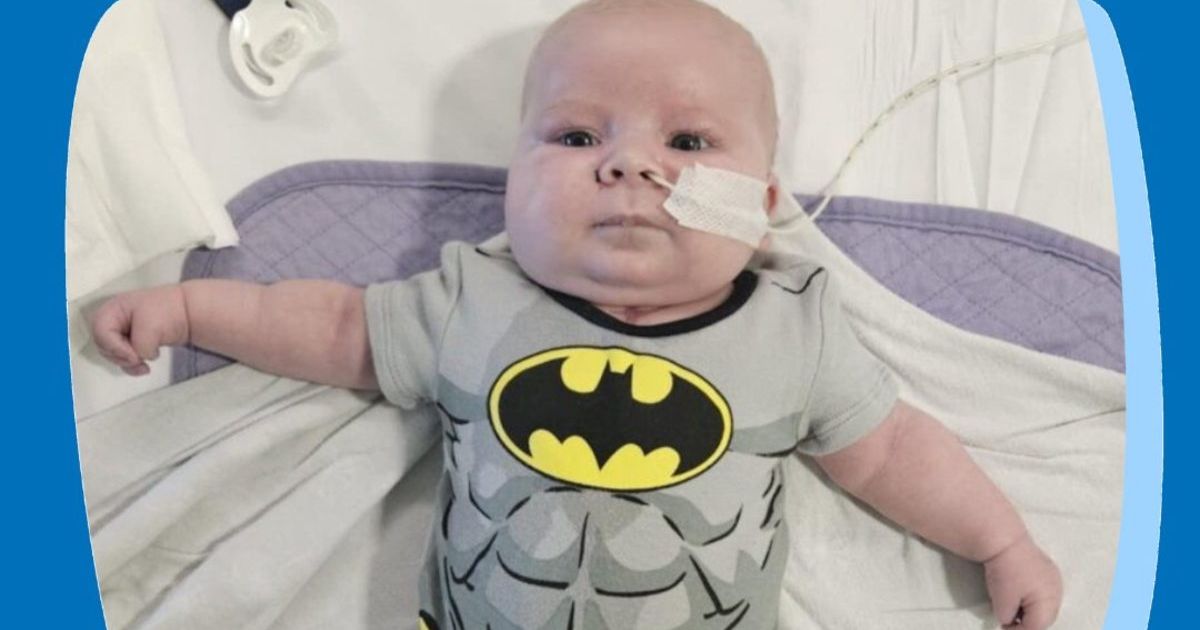Buruli ulcer spreads to Surf Coast
HEALTH authorities recently issued a state-wide health alert to doctors about a serious flesh-eating ulcer spreading to the Surf Coast.
The Buruli ulcer had previously been confined to the Bellarine and Mornington peninsulas as well as parts of Queensland.
Victoria’s chief health officer Dr Brett Sutton said Aireys Inlet and the Geelong suburb of Belmont had been marked as specific risk areas.
Speaking to local radio, Dr Sutton said the cause of the ulcers was yet to fully be determined.
“We think it might be either from mosquito bites in these areas where transmission occurs, or from scratches or cuts that introduce the bug through the skin.”
A major difficulty is that people with the Buruli ulcer can have a delay in symptoms. Because the ulcer is most prominent in areas that attract a lot of tourists, people might be some way from where they contracted the ulcer by the time they are treated.
Dr Sutton says some simple precautions can ensure nothing that serious happens.
“If people have got an ulcer that’s developing and not healing, or even a red lump that’s not getting better and doesn’t respond to normal antibiotics, and they’re in those areas, then they should see their GP, they should mention Buruli ulcer.
“It’s a simple test and it means you can get on to it early with special antibiotics and avoid surgery.
“The best thing to do is to protect your skin, and that means covering up from mosquito bites and using mosquito repellent, and making sure you wash any wounds and cover up any open sores.”
More than 30 countries have reported the Buruli ulcer. In most of these countries the ulcer is caught in tropical or subtropical


















